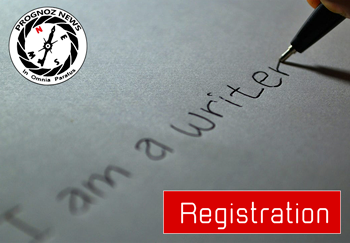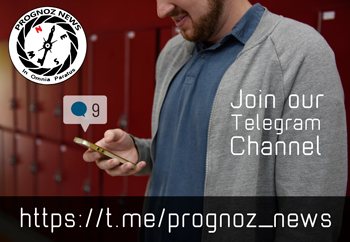𝐄𝐔 𝐫𝐞𝐠𝐮𝐥𝐚𝐭𝐢𝐨𝐧𝐬 𝐰𝐢𝐥𝐥 𝐛𝐞𝐜𝐨𝐦𝐞 𝐡𝐚𝐫𝐬𝐡𝐞𝐫 𝐟𝐨𝐫 𝐬𝐢𝐱 𝐜𝐨𝐦𝐩𝐚𝐧𝐢𝐞𝐬, 𝐢𝐧𝐜𝐥𝐮𝐝𝐢𝐧𝐠 𝐀𝐩𝐩𝐥𝐞, 𝐅𝐚𝐜𝐞𝐛𝐨𝐨𝐤, 𝐚𝐧𝐝 𝐓𝐢𝐤𝐓𝐨𝐤.
As of next year, the EU will reveal which tech behemoths will be subject to stricter regulations under the Digital Markets Act (DMA). In a sector dominated by U.S. behemoths, the DMA is working to safeguard European online users while simultaneously fostering healthy competition. Large corporations will be required to alter their practices in accordance with a set of dos and don’ts, with penalties of up to 10% of global revenues for infractions of the law’s stringent competition provisions. Users will find it much less of a hassle to send and receive links and photos thanks to the DMA’s mandate for interoperability amongst messaging apps. In July, the European Union (EU) designated seven tech giants as “gatekeepers,” including Google’s parent company Alphabet, Amazon, Apple, ByteDance (the company that owns TikTok), Facebook’s umbrella company Meta, Microsoft, and Samsung. The DMA and its companion statute, the Digital Services operate (DSA), give the European Commission stronger tools to combat internet giants that have been, according to detractors, granted too much leeway to operate. By March 6, 2024, the named companies must have implemented compliance measures.
@prognoz_news
264 Views









